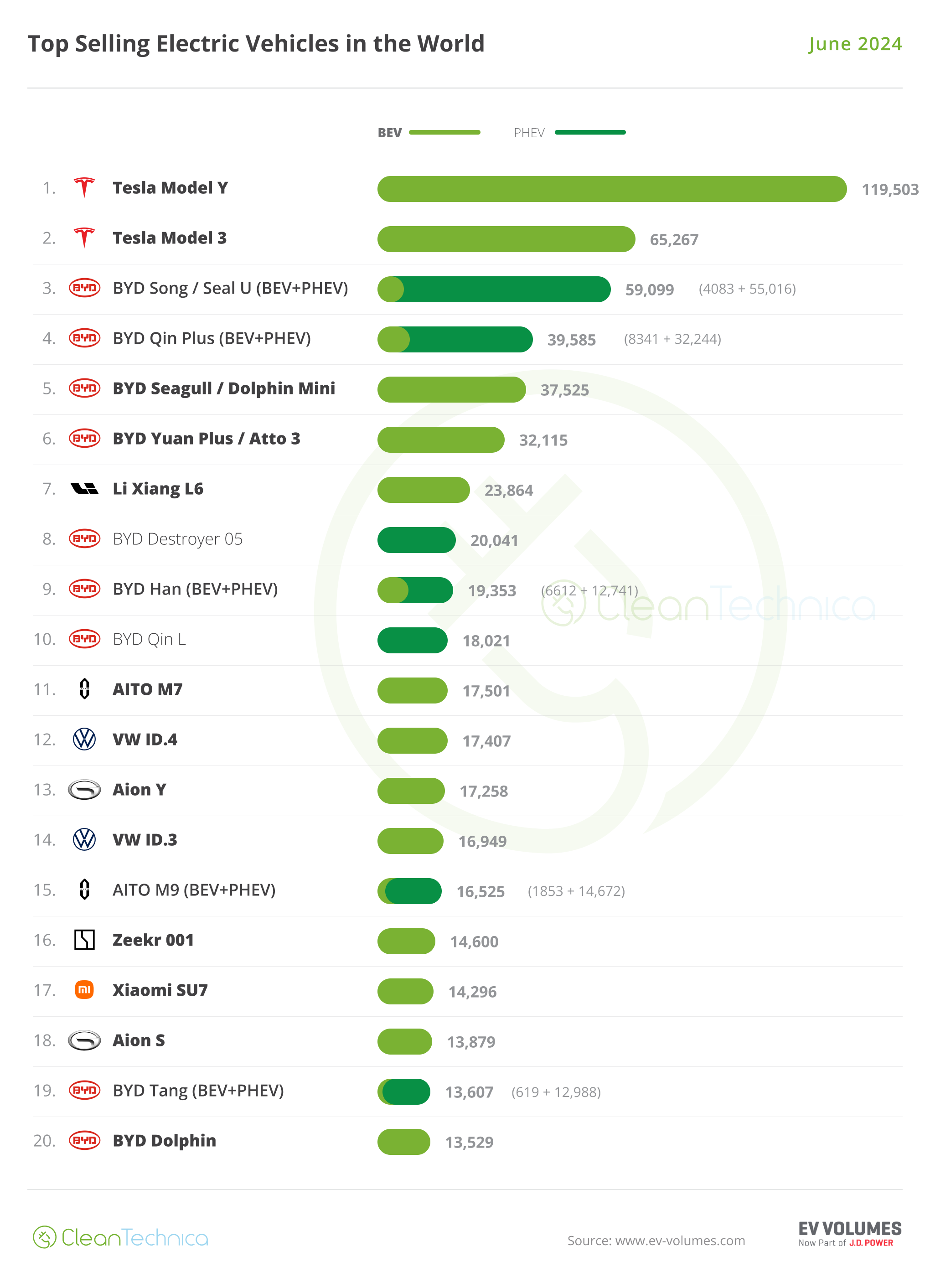
The latest report on the abandoned Panguna copper mine, once operated by Rio Tinto‘s subsidiary Bougainville Copper, reveals serious environmental contamination and ongoing risks to local communities in Bougainville, Papua New Guinea, reported Bloomberg.
In 2021, Rio Tinto agreed to fund a Panguna Mine Legacy impact assessment after human rights complaints from locals, represented by the Human Rights Law Centre, over waste-related risks and livelihoods.
The study conducted by Tetra Tech Coffey was released on Friday, highlighting critical concerns around the stability of the mine’s waste storage and the threat of landslides.
The Panguna Mine Legacy Impact Assessment Phase 1 Summary report provided 24 recommendations to address or mitigate impacts and identified areas for further investigation to better understand risks.
The report indicates that the Jaba-Kawerong River and its tributaries have been seriously contaminated, while the tailings dam is at risk of collapse, posing a direct threat to human life in nearby communities.
The Panguna mine, one of the world’s largest copper mines during its operation, closed in 1989 following local protests and a subsequent civil war. Rio Tinto has faced challenges in accessing the site for remediation.
Access the most comprehensive Company Profiles on the market, powered by GlobalData. Save hours of research. Gain competitive edge.

Your download email will arrive shortly
We are confident about the unique quality of our Company Profiles. However, we want you to make the most beneficial decision for your business, so we offer a free sample that you can download by submitting the below form
By GlobalData
Mine-related flooding disrupts food gardens, drinking water access, essential services and river safety, while toxic chemicals are stored at certain locations and detected in the soil in some areas.
Human Rights Law Centre legal director Keren Adams said: “The impact assessment has highlighted a range of life-threatening risks to communities, which must be urgently addressed, even as longer-term solutions are being discussed. It is also critically important that leaders from the mine-affected communities are directly involved in discussions about next steps, as the people best-placed to advise on the long-standing problems affecting them and the solutions they need.
“This is a defining moment for Rio Tinto’s social licence to operate. We welcome the company’s constructive engagement and commitment to the impact assessment process so far. Rio Tinto now has a critical opportunity to demonstrate that it is serious about meeting its human rights and environmental obligations and committing to remediation.”
The Human Rights Law Centre has urged Rio Tinto to establish an independently managed fund to address the mine’s harmful impacts and support long-term rehabilitation efforts.
Rio Tinto has not yet committed to addressing the report’s identified impacts. However, the company recently announced a memorandum of understanding with the Autonomous Bougainville Government and Bougainville Copper to set up a meeting to discuss a potential remedy mechanism.




